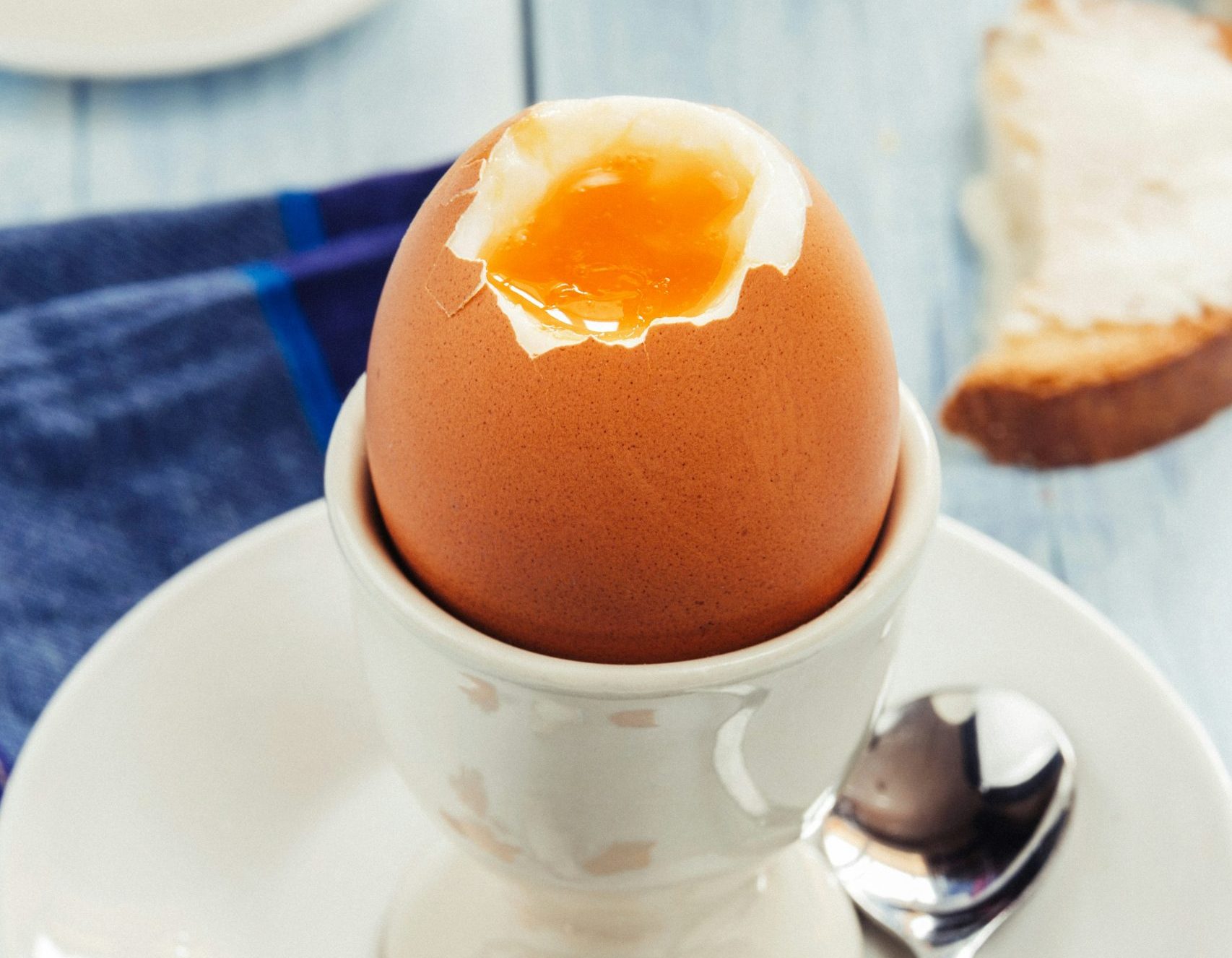More than 25 percent (86 million) of Americans have high cholesterol. Another 33 percent (120 million) do not know their cholesterol level. But, if you want to reduce your risk of plaque in your arteries and heart disease, as well as protect your health overall, you want your cholesterol levels under control, writes Knvul Sheikh for the New York Times.
What is cholesterol? Cholesterol is a waxy “lipid,” or fat that your liver produces for good health. Among other things, it creates cell membranes and hormones. But, if the amount of cholesterol is not right, it can cause health problems.
Can you have good cholesterol or is it all bad? You have two types of cholesterol, “good” cholesterol and “bad” cholesterol. If your LDL or “bad” cholesterol is high, it can cause health problems. If your HDL is high, it can reduce your risk of health problems.
What causes high LDL cholesterol levels? If you eat too much meat and dairy products, you can create too much cholesterol. Your genes can also contribute to high LDL cholesterol levels.
What’s the danger of high cholesterol levels? Too much cholesterol can cause heart attacks and stroke. And, you might not know you are at risk because you are not likely to have symptoms.
When should you check your cholesterol levels? By the time you have Medicare, you should have regular cholesterol checks. But, as early as your 20’s, it’s good to check your cholesterol levels every several years. And, if you have a family history of heart attacks and stroke, you might want to get more frequent checks. Talk to your doctor.
Your cholesterol levels will likely rise as you get older. For women, they rise after menopause.
What should you be tracking? Track your LDL, which is the “bad” cholesterol. It should not go above 100 mg/dL and should be as low as possible. If you have diabetes, you should keep it below 70. Your HDL, the “good” cholesterol, brings the cholesterol you don’t need back to your liver from your arteries, so you can discharge it. You want your HDL to be greater than 40 mg/dL and ideally above 60.
How can you lower your LDL cholesterol level? Exercise more, eat healthy and avoid alcohol. Eat more whole grains, vegetables, fruits, seeds and legumes–“soluble fibers.” Eating avocados, nuts and fatty fish can also help. Don’t eat butter, cheese and red meat or ultraprocessed foods.
Should you take drugs to lower your cholesterol? Sometimes. Especially if you’ve had a heart attack or a stroke or your LDL is high or your arteries are severely blocked.
Here’s more from Just Care:

Leave a Reply